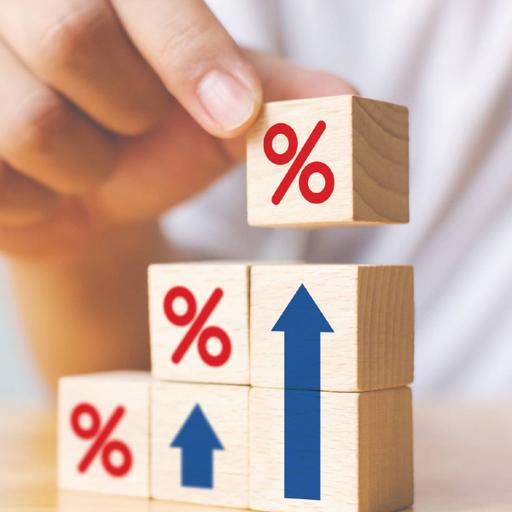Inflation
Presentations | English
In economics, inflation refers to an environment of generally rising prices of goods and services within a particular economy. It is typically a broad measure, such as the overall increase in prices or the increase in the cost of living in a country. Inflation can occur when prices rise due to increases in production costs, such as raw materials and wages. It is the rate of increase in prices over a given period of time. A change in inflation is caused by a number of factors, such as increases in the cost of production or spikes in demand. Inflation not only affects the cost of living but it can also impact interest rates on savings accounts, the performance of companies and in-turn, share prices. When general prices of goods and services increase, the purchasing power of the consumers decreases. For example, the prices of many goods have doubled compared to the prices of those goods 20 years ago. As measures of inflation rise, this reflects a reduction in the purchasing power of your money.

18.50
Lumens
PPTX (74 Slides)
Inflation
Presentations | English
